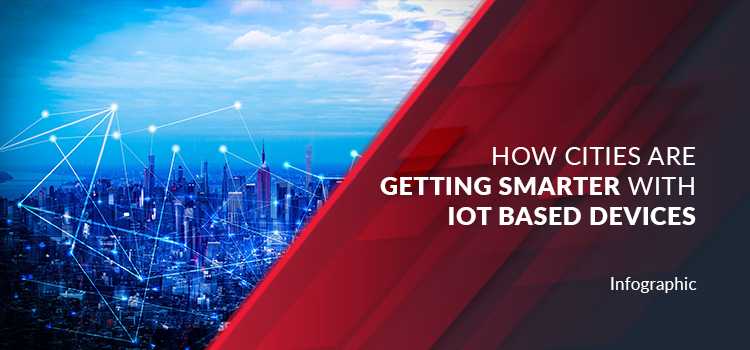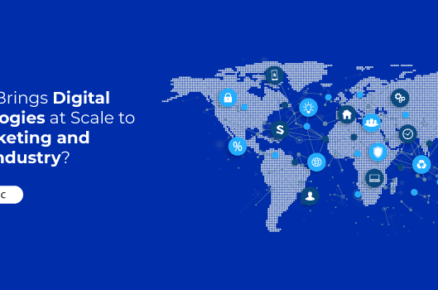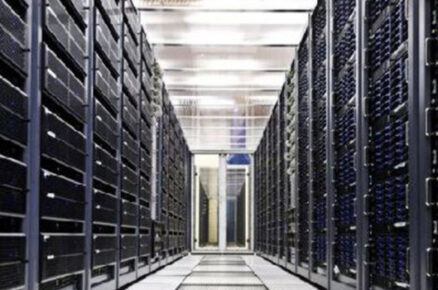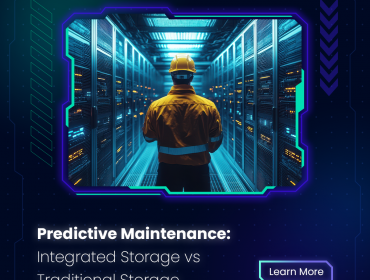What is a smart city?
A smart city is a city that is technically upgraded in order to enhance the lives of its citizens easy and comfortable. A smart city always seeks to implement and upgrade existing technology in order to improve operational efficiency and to reduce wastage in terms of time and money.
Innovative technology can be adopted in areas like water supply, electricity, lighting, etc.
What is IoT?
The Internet of Things is simply the network of interconnected devices which are embedded with sensors, software, network connectivity, and necessary electronics that enables them to collect and exchange data making them responsive.
A device is said to be IoT enabled device if it is connected to the internet. For example, if AC can be switch on and off with an application from our smartphone then that AC has become an IoT enabled device.
IoT can be beneficial in making cities smarter as through IoT we can build smart infrastructural facilities like sensored street lights, smart transportation system etc which simultaneously fulfil the human needs.
COMPONENTS OF A SMART CITY

SMART INFRASTRUCTURE
One of the characteristics of a smart city is smart infrastructure which plays a major role in building a city to be a smart one.
Smart infrastructure means having that infrastructural amenities which are useful in reducing wastage and in increasing efficiency.
For example, sensored street lights which switch on sensing the movement thereby reduce cost and energy.
SMART CITY AIR MANAGEMENT
Another characteristic of a smart city is smart air management.
Having a device that forecasts air quality and analyzes air pollution helps cities to make considerate decisions in order to maintain air quality and to further improve it. The city Air management tool is a cloud-based software that was designed to collect and analyze air pollution data and to make emissions forecasts.
SMART TRAFFIC MANAGEMENT
Smart traffic management devices help in controlling traffic, this further reduces the congestion.
For instance, in smart cities, certain integrated sensors have been programmed to send real-time traffic flow updates to a designated platform. The platform then undertakes a critical analysis of the data and then, in a matter of seconds, automatically adjusts traffic lights within the city to ease traffic conditions.
SMART PARKING
Smart parking is one of the remarkable characteristics of a smart city. In smart parking, people get to know about free parking spaces, as well as the time at which they leave the parking space is also get recorded.
All this information get available on their smartphones.
SMART WASTE MANAGEMENT
To make smart cities a reality, many countries are adopting technology which results in waste management.
For example – sensor-enabled waste bins – In order to measure the rate at which bins get filled these sensored bins send a notification to their smartphones so that they can empty the bins. This is beneficial in reducing their time like they don’t have to go and check the bins regularly.
How IoT Is Enhancing the Development of Smart Cities
IoT with its potential capacity is playing a crucial role in the transformation of municipalities into smart cities. It is being adopted all over the world and is, therefore, proving to be beneficial. For example, it is successful in making an enhanced traffic system, maintaining safety and security.
The dream of building a smart city is overcome only because of the Internet of things.
Rapid advancement in Information and technology and an increase in the development of new devices that can connect to the internet has contributed to the development of smart cities. In 2017, research conducted by Gartner, a renowned analyst, revealed that over 8.4 billion devices would be connected to the internet all over the world, and the number of connected devices could rise to 30 billion, by 2025.
Nowadays most of the equipment which we use on a daily basis have sensors, in fact, vehicles too have sensors.
Moreover, data gathered through IoT enabled devices helps in eliminating crime and frauds.
On considering the benefits of IoT, many countries are and willing to spend a huge amount in upgrading the facilities, infrastructure in order to build a smart city.
For example -city governments in smart America are looking to invest over $41 trillion in the next two decades to upgrade and position their existing infrastructure so that it can benefit from IoT.
Here are some highlights of the changes that are witnessed in smart cities today:
- Smart roads that can adjust to changing traffic situations.
- Intelligent buildings that are energy efficient.
- Smart lighting with street lights that can adapt to changes within its immediate environment.
- Smart collection, monitoring, and management of waste.
- Smart energy-efficient grids for low power consumption.
With the continuous development of information technology and IOT, it has become important for the countries to further upgrade their adopted technology and because of global competition too, IoT is important.
The thing which has never dream of is now coming to be true.
Experts in smart cities are working towards making self-driving cars. It is amazing how each and every country is working towards IOT but still a fast initiative is needed right now.












